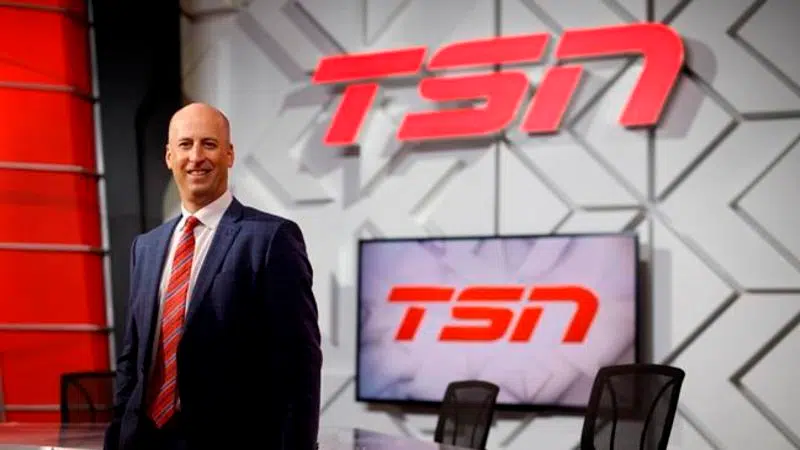
TSN president weighs in on the network, competition and sports media landscape
TORONTO — Ask TSN president Stewart Johnston about his start at the network and he’ll fire off specifics like it was yesterday.
“It was Feb. 10, 1997. I wore a full suit because I didn’t know what to do. It was a little embarrassing because I was so over-dressed relative to everybody who worked there,” he said with a laugh. “As the junior intern coming in, I wanted to make a good impression.
“I stopped (wearing the suit) after one day. I was eyes wide open, certainly a little intimidated but ecstatic at the same time.”
A suit is a mainstay now as Johnston approaches a full decade in his current position and over 22 years with the company. The Ottawa native also oversees Bell Media’s national advertising sales and in-house creative agency.


